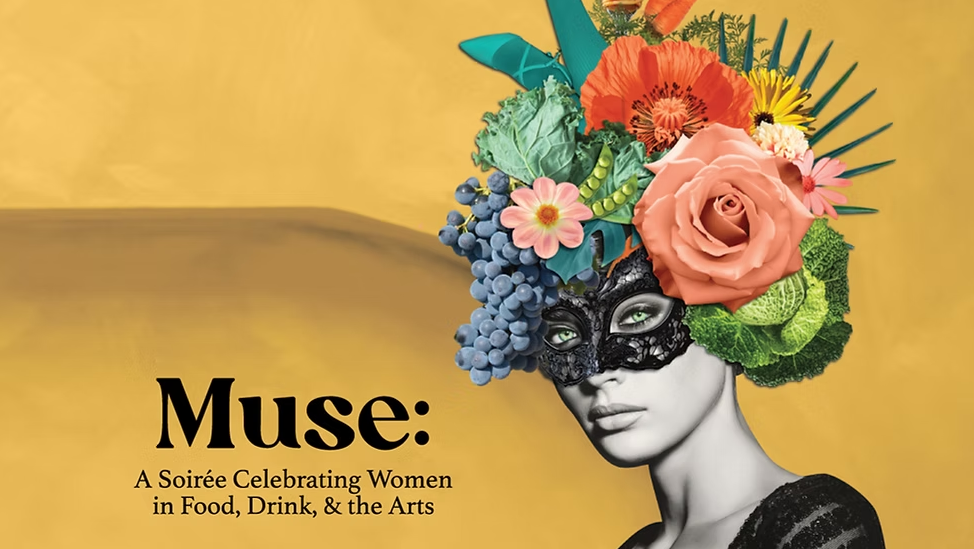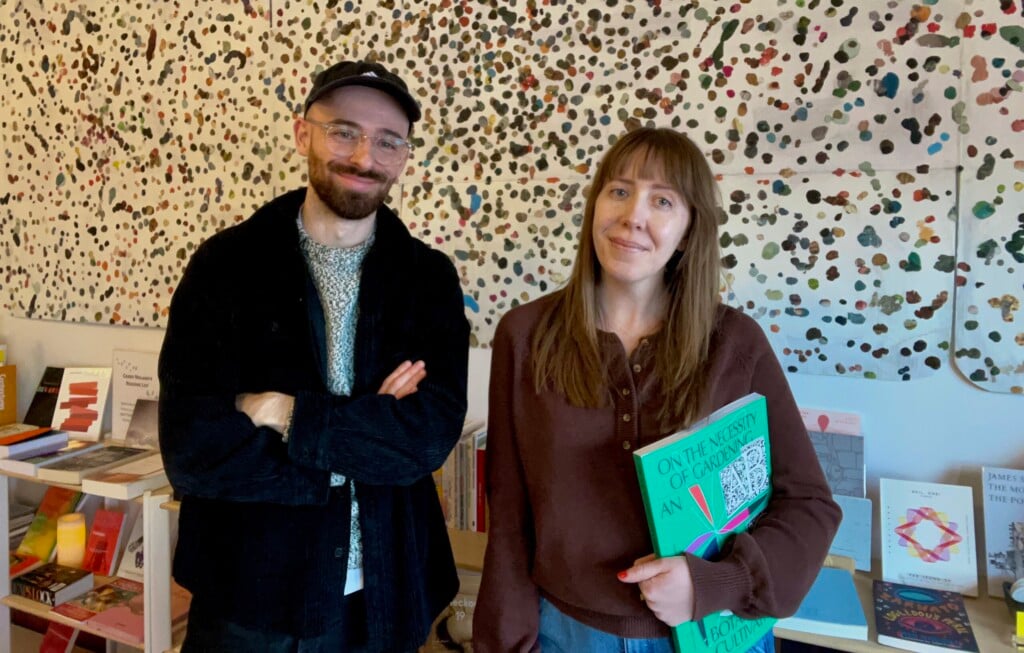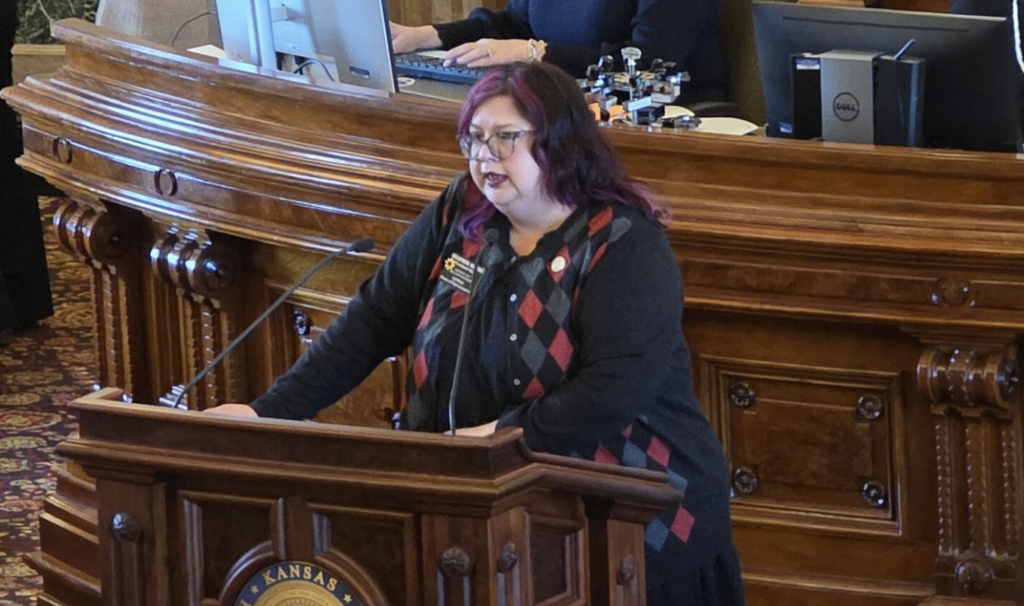Hembree dances away from its Americana roots

In the three years since playing its first show, Kansas City’s Hembree has evolved. What began simply as the band that rose from the ashes of Quiet Corral is now a distinctive entity. The big harmonies, catchy melodies and Americana flavor of the first Hembree EP, New Oasis, have been ushered aside, making way for the synth-tinged, highly danceable tracks Had It All, the group’s upcoming debut for the Domino label (due November 3).
I talked with Hembree frontman and guitarist Isaac Flynn about Hembree’s new approach.
The Pitch: How was getting Hembree up and running quickly on the heels of Quiet Corral helpful to the new act?
Isaac Flynn: I didn’t really have a clear vision of the band at that time. I just knew that Quiet Corral had ended and that I really still wanted to be in a band. [laughs] So, we rushed to get some material out, but yeah — I think that it helped that it came so quickly on the heels of Quiet Corral, because there was still some name recognition.
It’s weird, because it hasn’t been that long, but I feel like only a handful of people would remember our old band. It’s also funny because there’s only a few of us in Hembree who used to be in Quiet Corral. But, you know, that’s how bands go. It’s a rotating cast of 25 people between Lawrence and Kansas City.
Not too long after Hembree started, you put out the New Oasis EP. Now you’ve moved into synthy stuff. What’s been the evolution of the band?
We also pulled down [from online streaming] that first EP, which is kind of the beauty of making music in this era. For better or worse, you can sort of restart whenever you desire. The progression of the band is that several of us had played in those folky Americana bands, and we were just concerned with trying to keep that fanbase on board and not just confusing them, because we knew that we’d be associated with our previous bands.
I think I just kind of had this realization that, while I enjoy Americana music and I really enjoy folk music, that’s not really what I wanted to be making. I realized that I shouldn’t necessarily cater to an audience. I should make the music that I want to make, and that we want to be making.
It was this rapid development. Not in a pretentious way, like, “We got so much better!” But we just started to get some clarity on what we wanted the band to be and kind of started to form our own identity, rather than trying to be something that we weren’t.
Those big harmonies have been the foundation of pretty much any style you’ve played in, and they’re still present.
Right. That’s what’s interesting, too. I feel like there’s a lot of synthetic and dancey elements that we’ve added to the music, but at the core there’s still solid songwriting and sort of, like, a Midwestern undertone or something with those harmonies. Garrett [Childers, guitar and vocals] and I, we just love singing together, and I feel like that’s something that — despite what we’re doing, musically — we want to keep at the forefront of what we’re doing.
It’s wild, talking to you about our previous bands and the music we’ve made, because we’re finding, as things progress and we get some more national exposure, that people have no idea about the first EP that went away. But everyone at home knows our whole backstory and stuff.
New Oasis might not have made much of a national mark, but as a single, “Holy Water” exploded. What’s your take on how that happened?
I wasn’t anticipating for that song to do all that it did for us. Originally, I recorded that song as a demo in my loft in Kansas City in about four hours. I think that’s maybe why the song resonates with so many people: because it isn’t overthought. I was just kind of playing off whatever emotions I was feeling at the time. Obviously, we refined it in the studio — we went back and upped the production level and everything — but with that song, all these strange things would happen. One day, I’d see something on Twitter that it’d been added on Alt Nation on Sirius Radio. I got a text from Lazlo at the Buzz [KRBZ 96.5] one night, and he was like, “Are you watching football right now?” and I tune in to find that it’s on Saturday Night Football. It was really fun to see that happen. We’ve all been doing bands for a long time, so to feel a momentum like that was really, really, really — it was cool.
“Holy Water” seems to be really emblematic of how music can work now. It’s going to be on Had It All, but when you put that song out, it belonged to neither a label nor an album.
Yeah, so bizarre. It’s been a natural progression, where I feel like the timing of everything has worked out really well for us. Not like an overnight thing, but it’s moving rather quickly. When you’re living it, it doesn’t seem like all of this stuff is happening, but when you look back, it’s wonderful to see some progression and then, ultimately, secure the release of the whole EP.

Does releasing a series of EPs make it easier to define Hembree’s sound?
There’s a little bit of a duality to it, because I think it can be a hindrance. The way music is released now, with streaming and stuff, it can kind of make it so you can change and be whatever you want, and maybe that stops bands from truly finding an identity. I do think on the other side of it, though, you can put a small batch of songs and really kind of develop your own thing, and it doesn’t have to be a full record from the get-go. You have time to mold your sound and develop who you want to be as an artist.
I’m a fan of how music is released now for that reason: You can put some samples out there and test how they lay out. But the music fan in me is such a fan of the album. I think it’s good for getting your band off the ground and finding your identity. Ultimately, I want for us to become an album band that puts out a lot of good, cohesive material, but I needed the time to really discover what I wanted us to be.
Hembree’s Had It All EP is out via Domino on November 3, and the band plays RecordBar with JR JR on Saturday, October 7.




